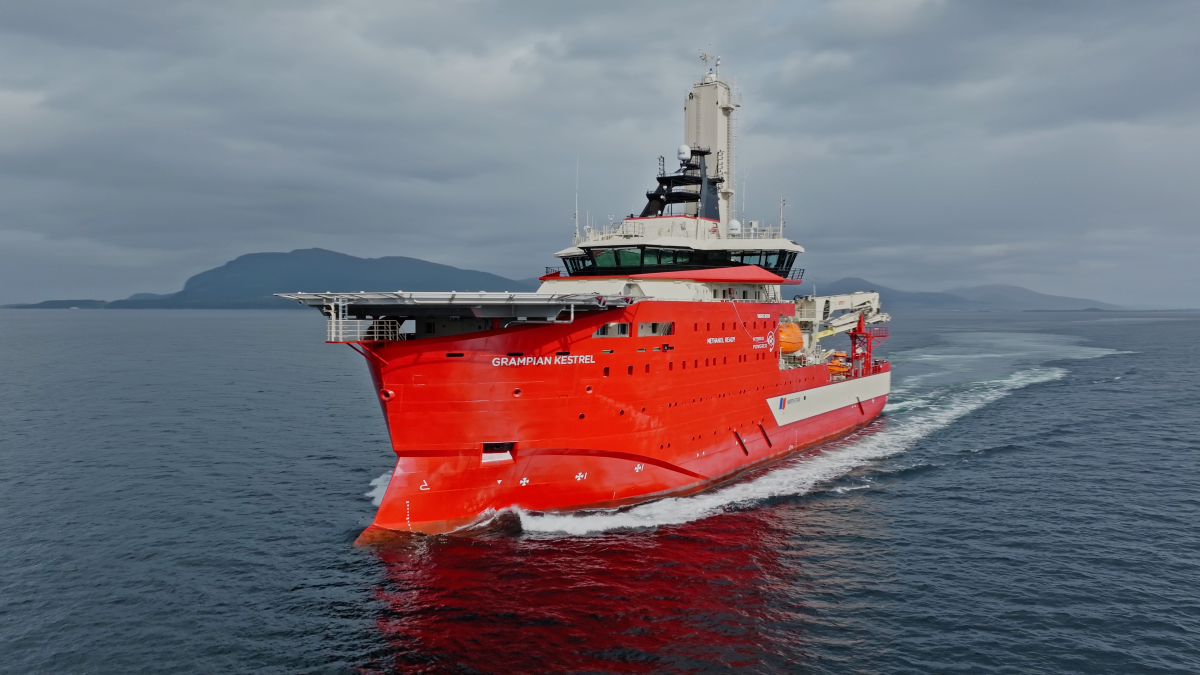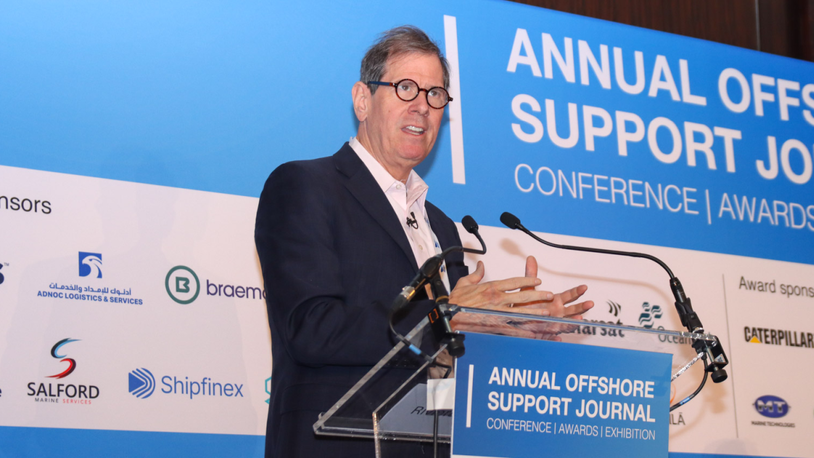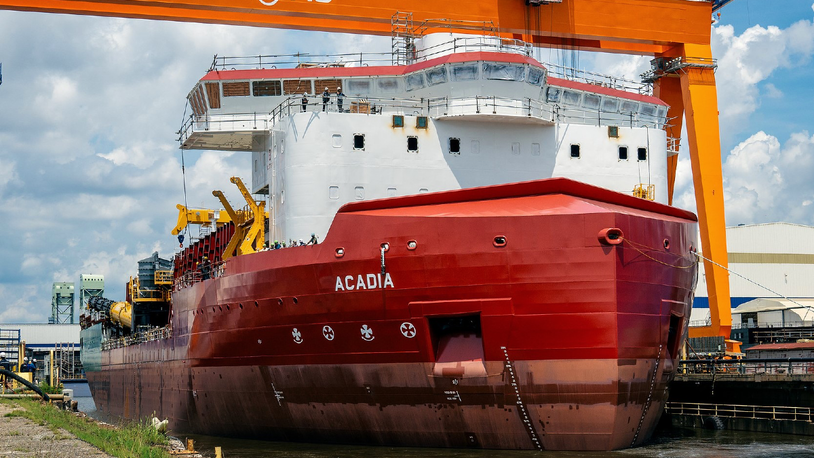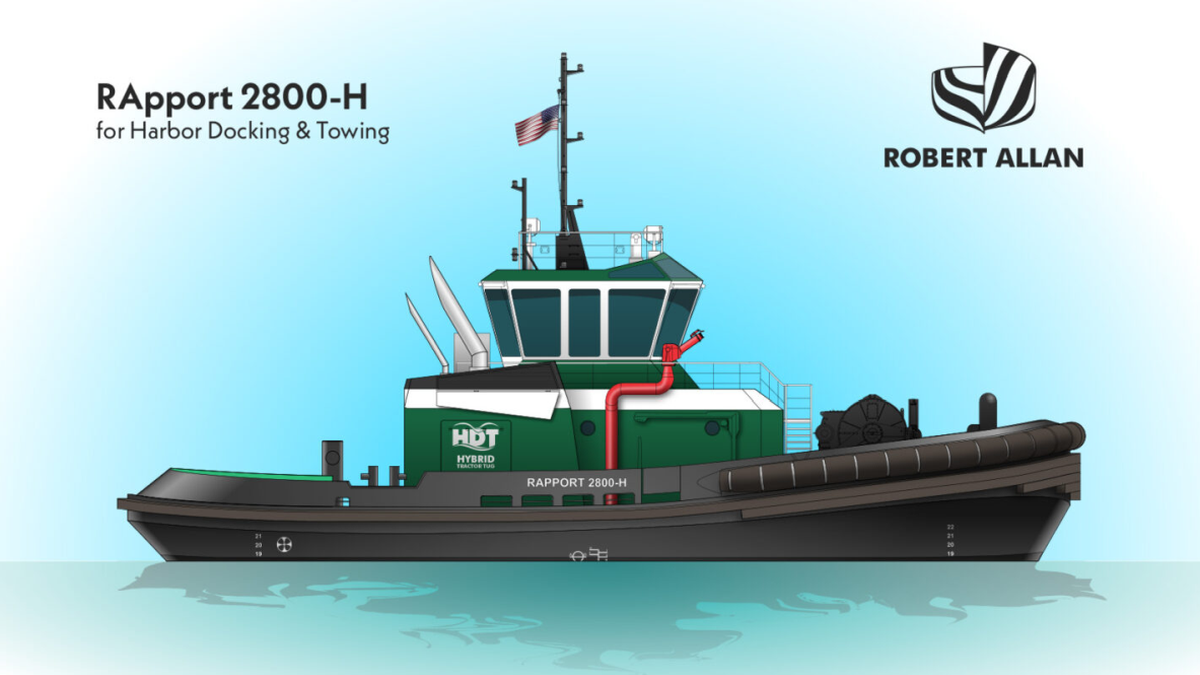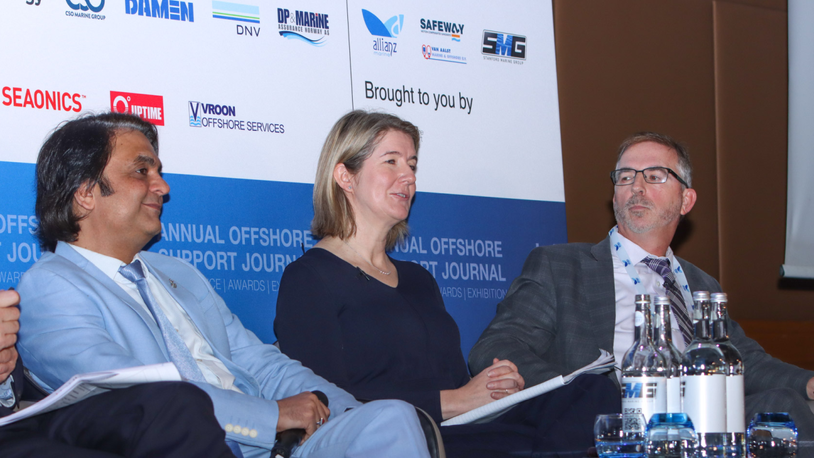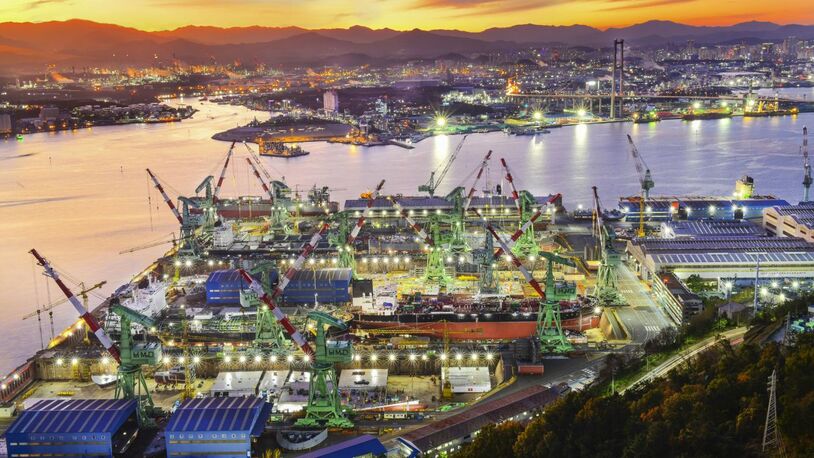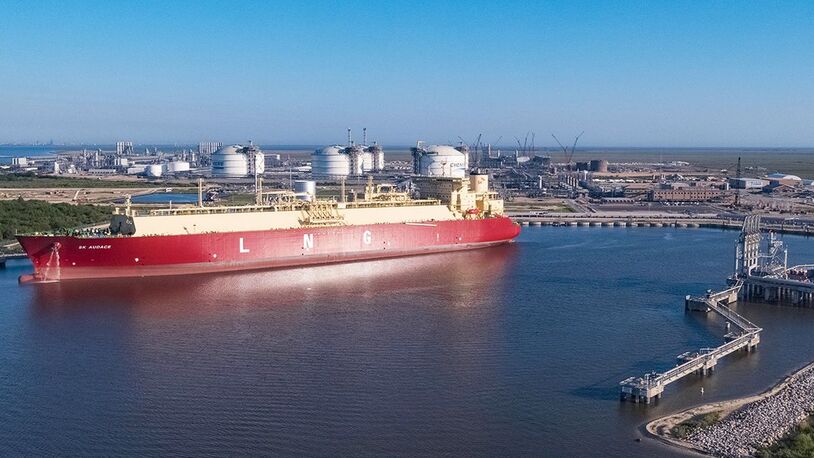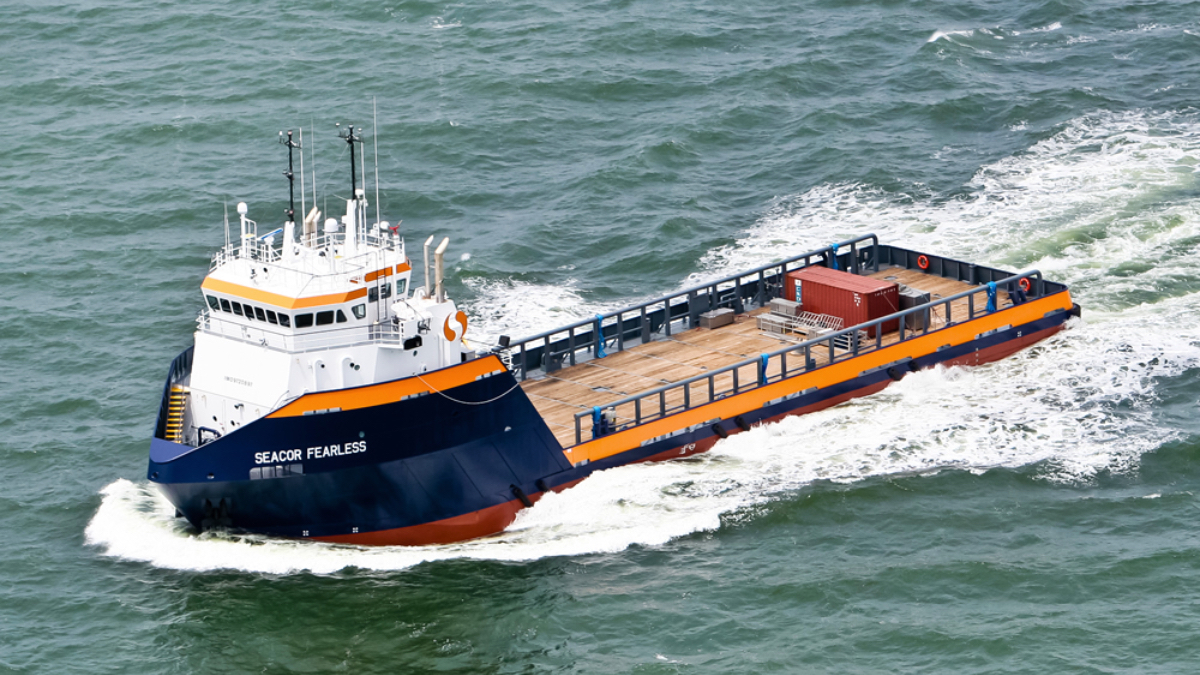Business Sectors
Events
Contents
Register to read more articles.
North Star and Purus CSOVs: world’s first vessels with cyber notation delivered
Offshore support vessels built for North Star and Purus to support windfarm commissioning and operations have been built as the first ships with cyber notations from class
Two vessels built to support commissioning, operations and maintenance for remote large-scale offshore windfarms are the first in the world to hold class notations for cyber resilience.
North Star’s Grampian Kestrel and Purus’ newbuild Purus Chinook both have class notations demonstrating they comply with new mandatory cyber-security requirements.
Both cyber-security notations are aligned with the unified requirements UR E26 and E27 issued by the International Association of Class Societies (IACS), which became mandatory for newbuilds contracted after 1 July 2024.
Fincantieri Group subsidiary Vard built these commission and service operation vessels (CSOVs) after they were ordered in 2023, with class from Lloyd’s Register, including notations determining they comply with the society’s cyber resilience rules, meaning they are capability of withstanding cyber attacks, can continue operating while under these threats, and have the ability to recover from an attack.
“At North Star, digital resilience is as critical as operational reliability,” said North Star chief technology officer, James Bradford.
“Grampian Kestrel reflects our commitment to pioneering secure, future-ready vessels that protect both our people and our operations,” he said. “Working closely with Vard and Lloyd’s Register, we have ensured cyber security is not an afterthought but a core element of the ship. It was designed, integrated and tested from the outset.”
Lloyd’s Register Technical Directorate’s global head of digitalisation, Duncan Duffty, said this is the first successful implementation of its cyber-resilience rules at a time when these will become increasingly important for offshore operations.
“Cyber-security maturity will become essential to shipping as the maritime value chain continues its digitalisation journey,” said Mr Duffty. “Vard and North Star recognised the need for cyber resilience long before IACS UR E26 and UR E27 were formalised and had already set clear ambitions to protect ships from evolving threats.”
Vard chief executive, Cathrine Kristiseter Marti, explained the importance of obtaining cyber-resilience class notations.
“The maritime industry is undergoing a significant transformation based on the increased use of digitally connected systems,” she said. “These notations are essential for establishing baseline requirements and best practices to protect maritime operations from evolving and dynamic cyber threats.”
A significant portion of the electronic systems on board these CSOVs were delivered from Vard Electro’s SeaQ portfolio. Vard Electro took full responsibility for the cyber integration, testing across all onboard systems, demonstrating their cyber resilience is in line with the latest regulatory and class standards
“Cyber notations are key to setting baseline requirements and best practices for protecting maritime operations against evolving threats,” said Vard Electro senior vice president for ship technology, Thomas Pedersen. “As shipboard systems become increasingly digital and complex, this places high demands on system integrators. SeaQ technology is equipped with cyber-resilient solutions from the ground up.”
He said a key aspect of integration is ensuring systems are connected in a secure and controlled manner.
As vessels become interconnected, linking systems creates vulnerabilities. Each connection must be carefully designed to prevent unauthorised access, minimise attack surfaces, and maintain the integrity of critical operations.
Grampian Kestrel was delivered and Purus Chinook was completed in May 2025.
Riviera’s Cyber & Vessel Security Webinar Week will be held from 1 July 2025 focusing on the latest developments in cyber and vessel security. Use this link for more information and sign up to the webinars.
Related to this Story
Events
Maritime Regulations Webinar Week
Floating energy: successfully unlocking stranded gas using FLNGs and FSRUs
© 2024 Riviera Maritime Media Ltd.

